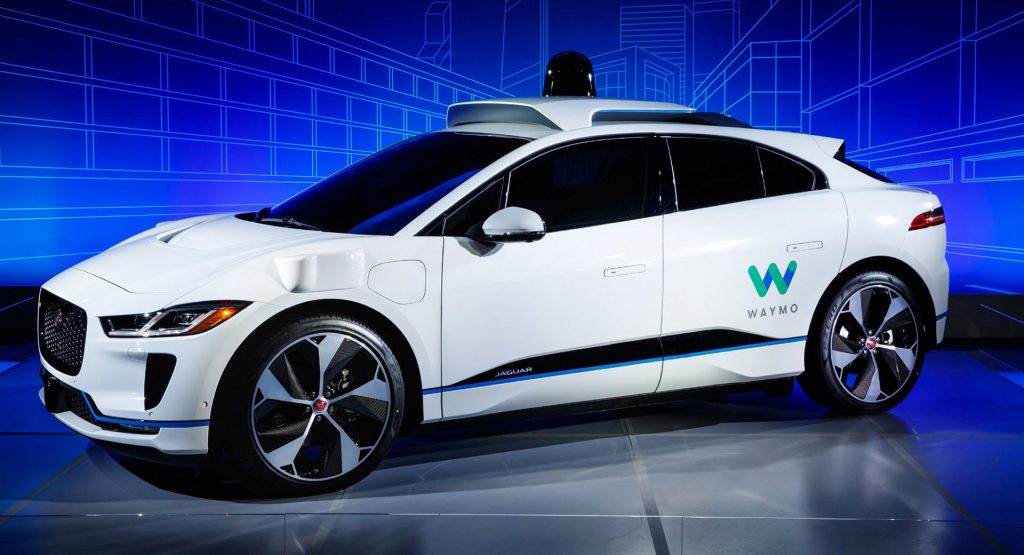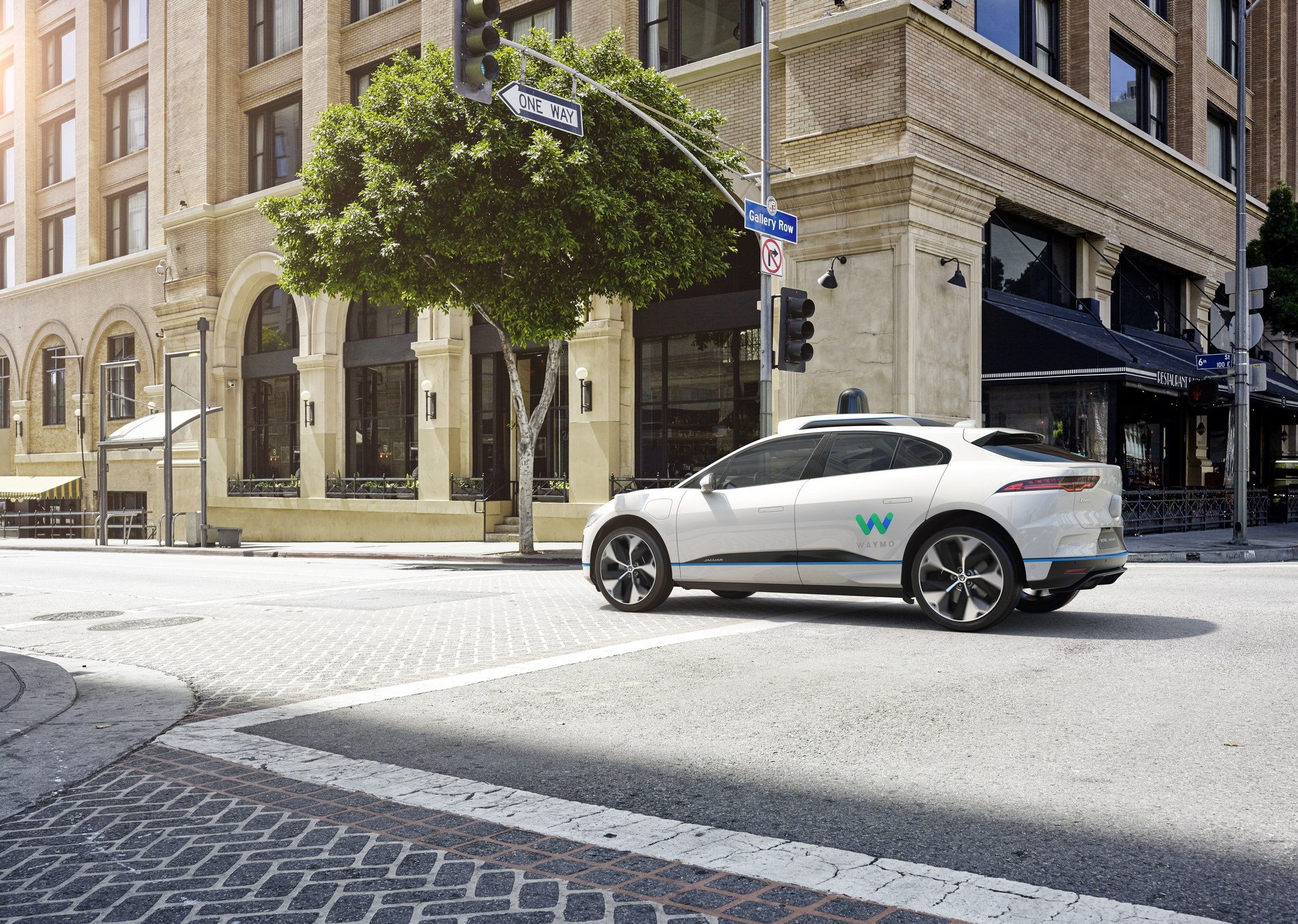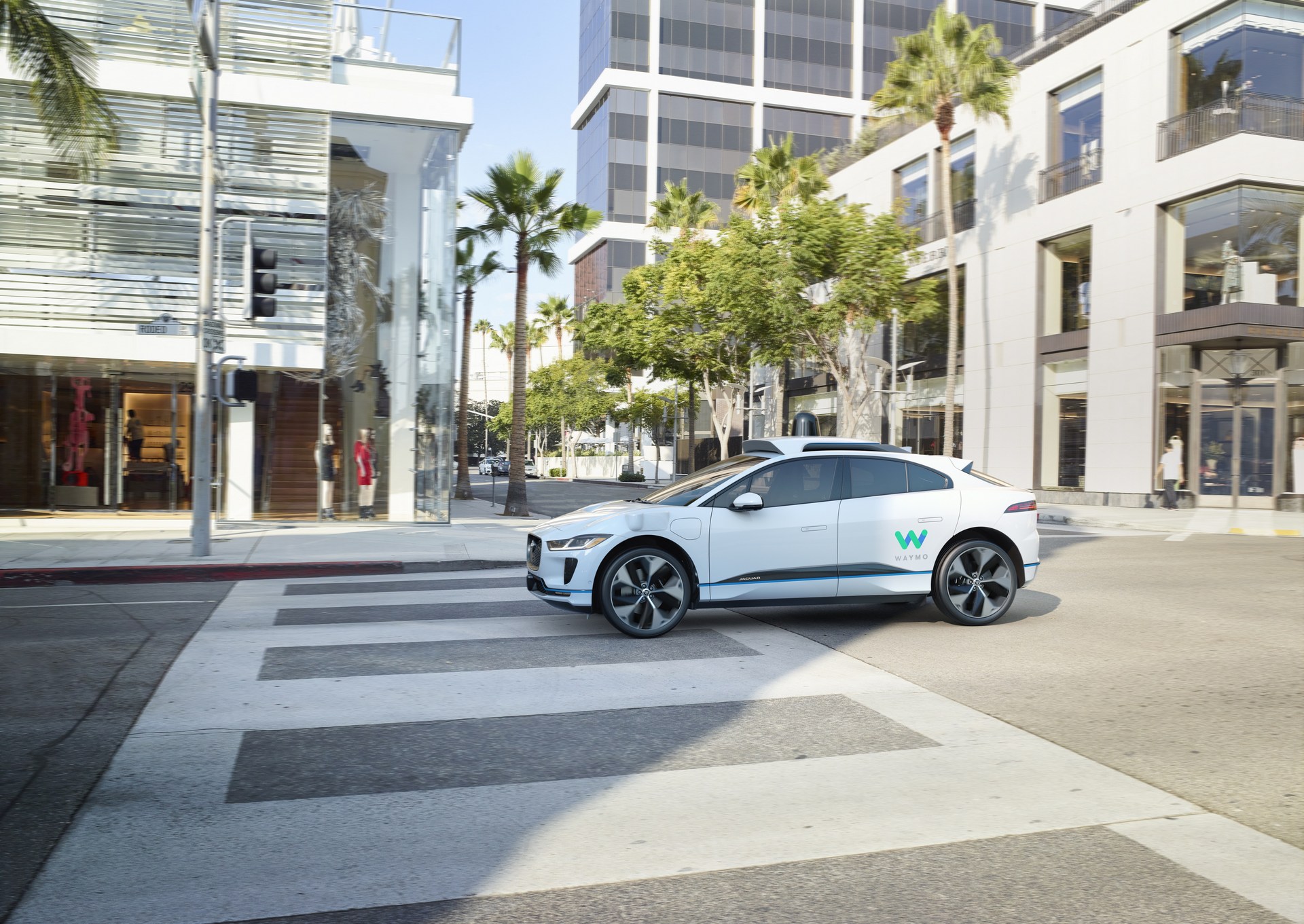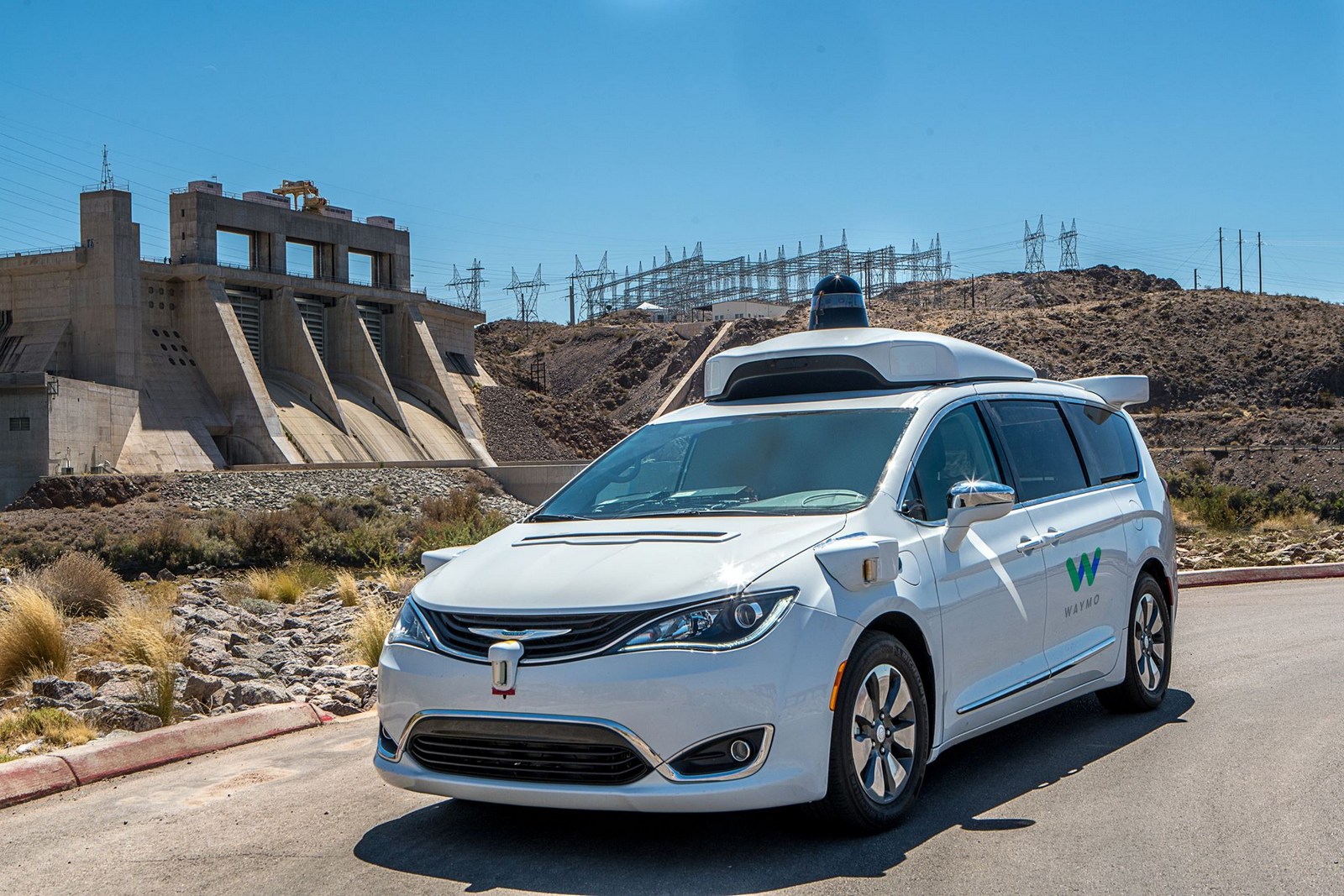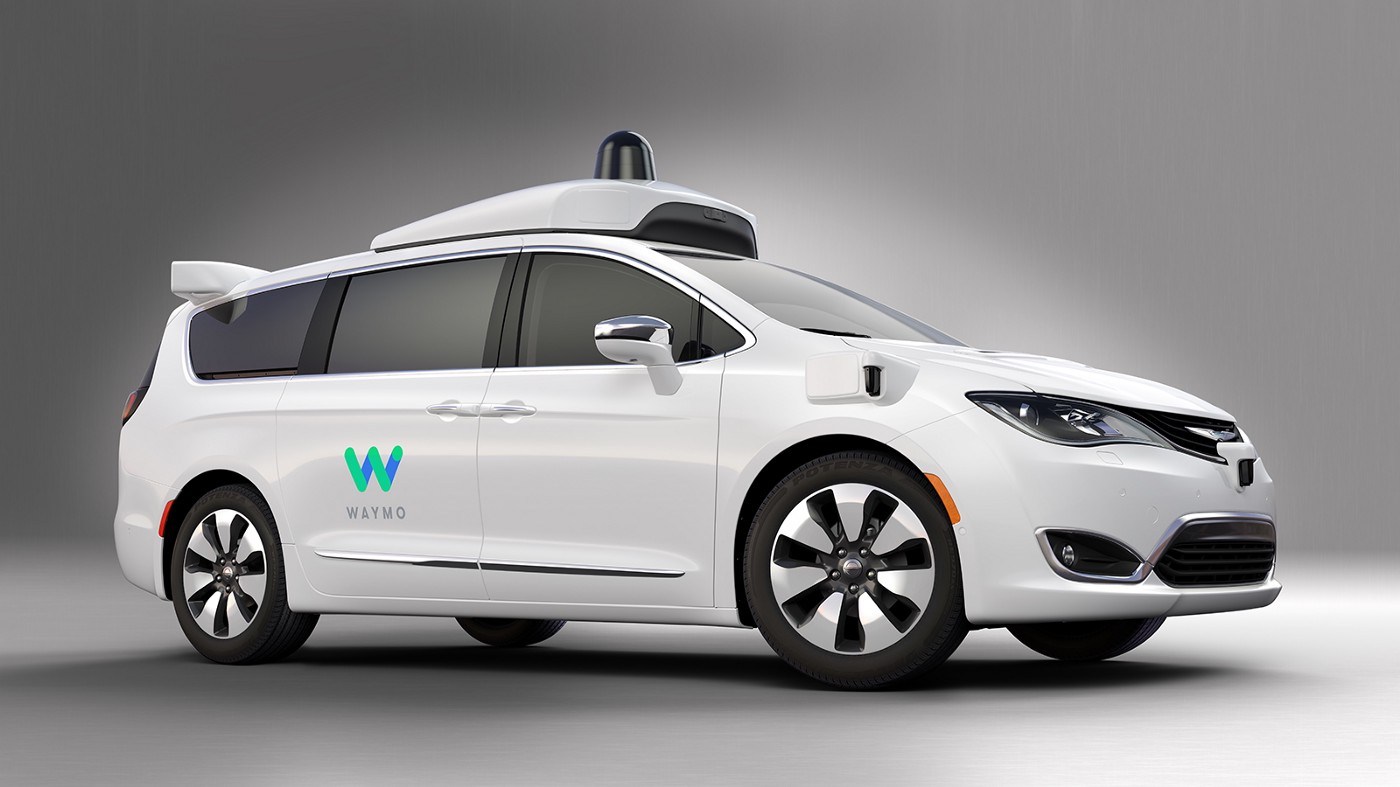Waymo’s recent autonomous vehicle announcements have been so massive that it’s easy to forget almost all of them have been related exclusively to the U.S. market. Yet the company is indeed working in other markets – and in Europe, it sees a bright future for its technology.
During an interview with Germany’s Handelsblatt, Waymo chief executive John Krafcik revealed that they intend to launch a pilot fleet of self-driving vehicles in Europe, but without disclosing a date.
“I do not want to give a precise date. We took another look at the tests in Italy to talk directly to some European car companies to understand what the market entry strategies could be together. Because at Waymo we have global goals.”
Waymo sees itself as its own company, not a division of Alphabet
In recent months, Waymo announced that it ordered 62,000 Chrysler Pacifica minivans for its U.S. fleet alongside 20,000 autonomous I-Pace electric SUVs from Jaguar. Krafcik refused to say what automakers the company is in talks with, but said Waymo’s future European fleet will be massive.
“I can not give an exact number, but it’s a big number,” he said when asked about how many vehicles they will deploy in the Old Continent.
“20,000 cars deliver one million trips a day. That may sound a lot, but we humans drive 16 trillion kilometers a year. Is that not crazy? In the U.S. it is about five trillion kilometers a year, in Europe it is a similar number, maybe a little less. The need for vehicles for autonomous driving is considerable.”
Quizzed about how Waymo wants to make money in the United States, Krafcik said there is a number of ways.
“Here in the US there are four business models we can use to enter the market: the chauffeur service, the fleet of autonomous trucks, the sale of autonomous vehicles to private customers and the cooperation with cities to connect people with public transport.”
While he didn’t specify what model Waymo shall use in Europe, it makes sense to follow the same formula, albeit with a different allocation to each segment according to specific needs.



